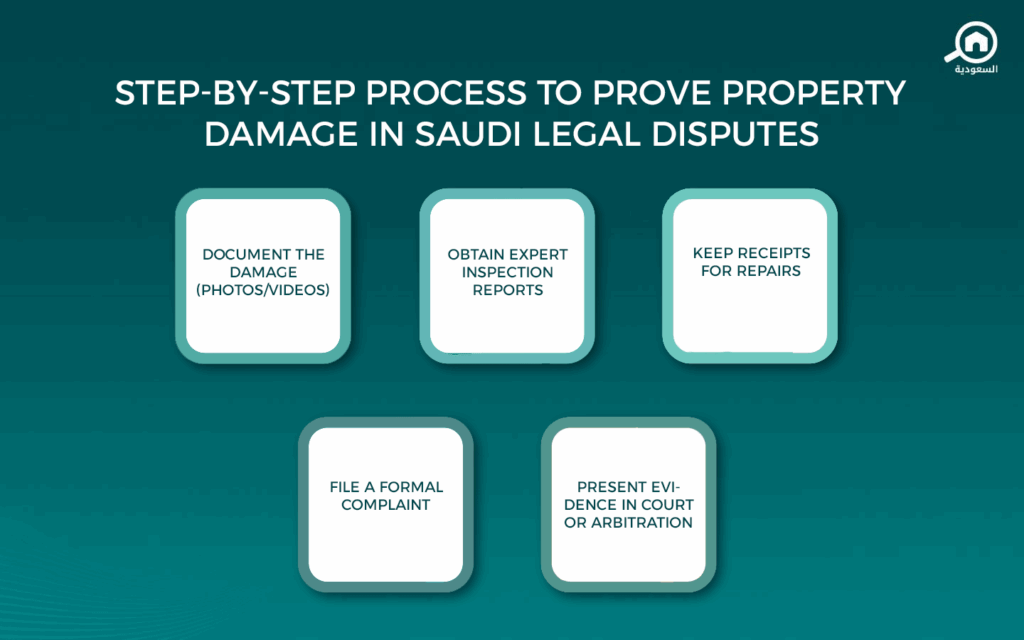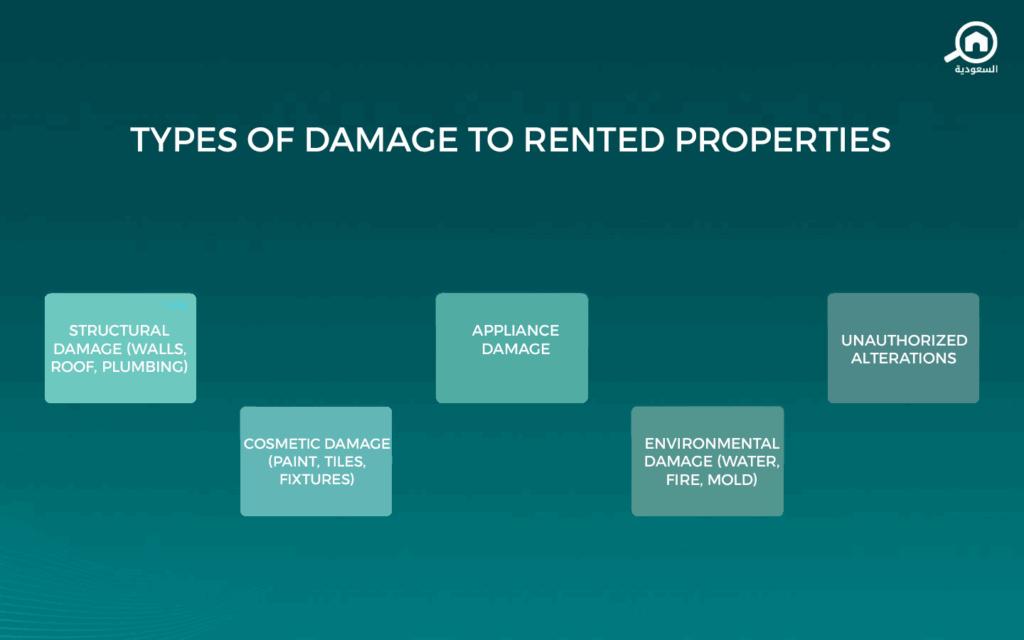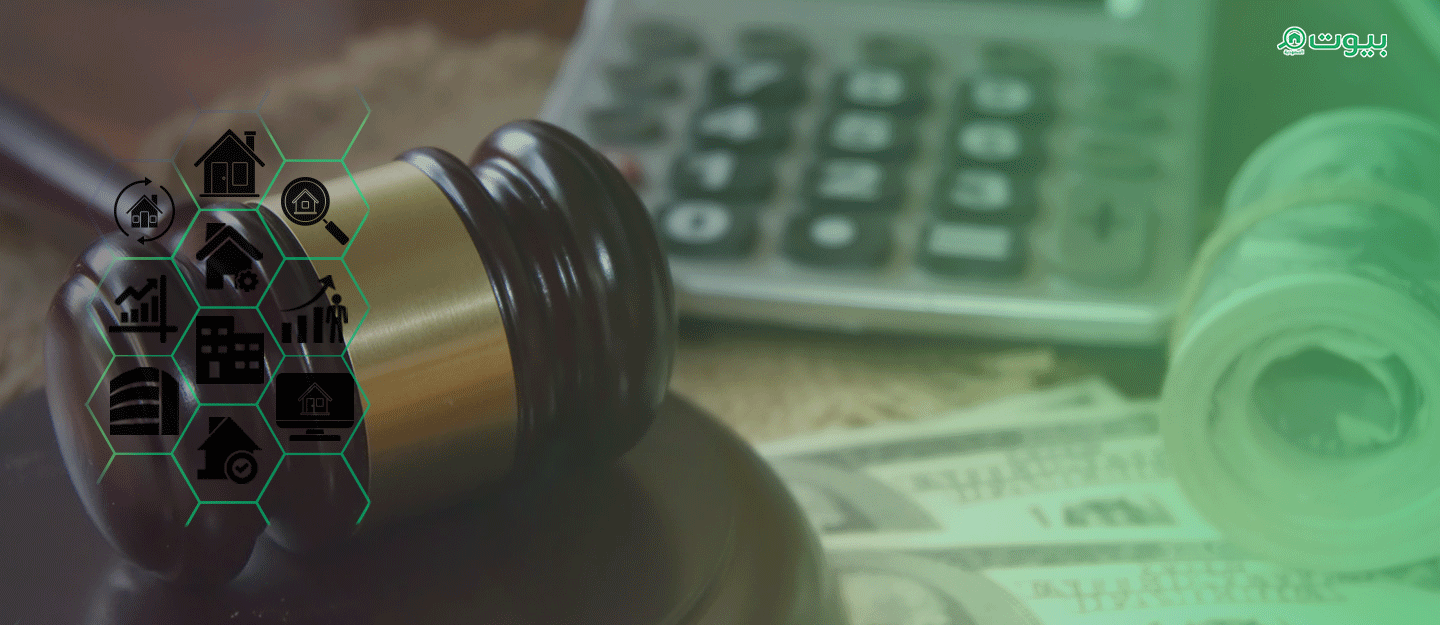Property damage disputes can become highly complex, especially when financial compensation or contractual obligations are at stake. This is why Proving Property Damage in Legal Disputes requires a clear presentation of evidence, a sound understanding of legal procedures, and the ability to connect facts to the applicable law.
In Saudi Arabia, this process involves following the principles of the Kingdom’s legal system while ensuring all claims are properly documented. Let’s go over it to ensure all is safe and well if you’re ever in the situation where you’ll find yourself Proving Property Damage in Legal Disputes.
How to Prove Property Damage in Legal Disputes
In Saudi Arabia, property-related legal disputes often require evidence that is both documented and verifiable. This can include photographs, expert assessments, and repair invoices.
According to Saudi Arabia’s Ministry of Justice, judges rely heavily on tangible proof to determine liability and compensation.

Steps to Proving Property Damage in Legal Disputes include:
Document the Damage Immediately
Take clear, timestamped photographs or videos as soon as the incident occurs. This creates a verifiable record that can be presented in court.
Obtain Professional Assessments
Hiring a certified engineer or property inspector to evaluate the extent of damage can strengthen your claim.
Keep All Related Records when Proving Property Damage in Legal Disputes
Maintain receipts, repair estimates, and any relevant communication with the other party or service providers.
Engage Witnesses
If the damage occurred in the presence of others, witness statements can help confirm your version of events.
Link the Damage to the Cause
Demonstrating a direct connection between the alleged incident and the damage is essential to establishing liability.
By following these steps, claimants can ensure that their case is supported by strong and persuasive evidence.
Real Estate Disputes Under the Saudi Legal System
Proving Property Damage in Legal Disputes will be guided by Sharia principles, contractual agreements, and relevant statutory regulations. While many disputes are resolved through negotiation or mediation, some cases proceed to the Board of Grievances or other competent courts.
In property damage claims, Saudi judges typically evaluate:
- The nature and extent of the damage
- The cause of the incident and whether it was preventable
- Contractual obligations between the parties
- Expert reports and technical assessments
Because the Saudi legal system places significant weight on written agreements, it is important for landlords, tenants, and property owners to clearly define their responsibilities in rental or purchase contracts, especially when it comes to Proving Property Damage in Legal Disputes.
You may also be interested in: Eviction of Property in Saudi Arabia – Here’s What Landlords and Tenants Need to Know

Types of Damage to Rented Properties
There are several types of damage to rented properties that can lead to legal disputes:
- Normal Wear and Tear: Gradual deterioration that occurs over time and is generally not the tenant’s responsibility.
- Negligent Damage: Harm caused by a tenant’s carelessness, such as leaving water leaks unrepaired.
- Intentional Damage: Deliberate harm to the property, often resulting in legal and financial consequences.
- Structural Damage: Issues affecting the building’s core integrity, such as foundation cracks or roof collapse.
- Environmental Damage: Destruction caused by floods, fires, or other natural disasters.
For more guidance on differentiating these categories, resources like the International Property Management Standards provide useful benchmarks.
A Well-Prepared Case Ensures Justice is Served, Especially Proving Property Damage in Legal Disputes
In Saudi Arabia, proving property damage in legal disputes requires a careful balance of evidence, legal knowledge, and procedural compliance. By thoroughly documenting the incident, securing professional evaluations, and understanding the legal framework, parties can significantly improve their chances of achieving a favorable outcome.
Keep exploring real estate, market trends, and more by following along our blog My Bayut.





